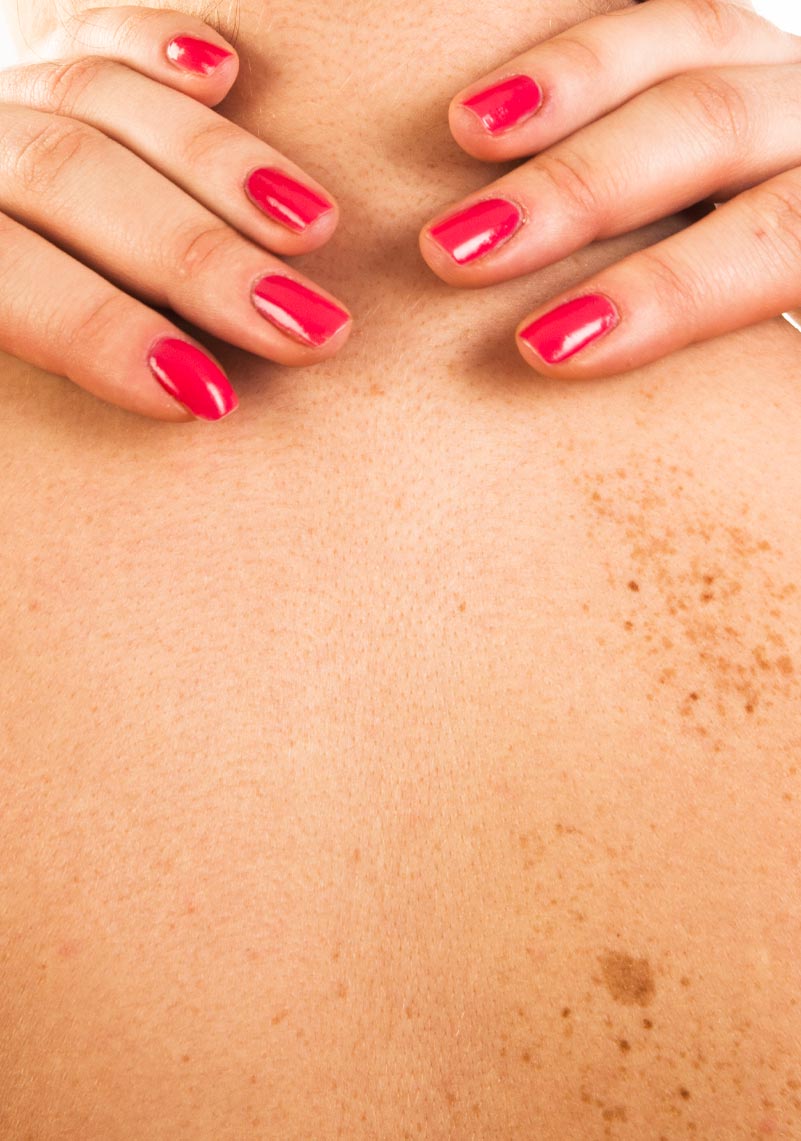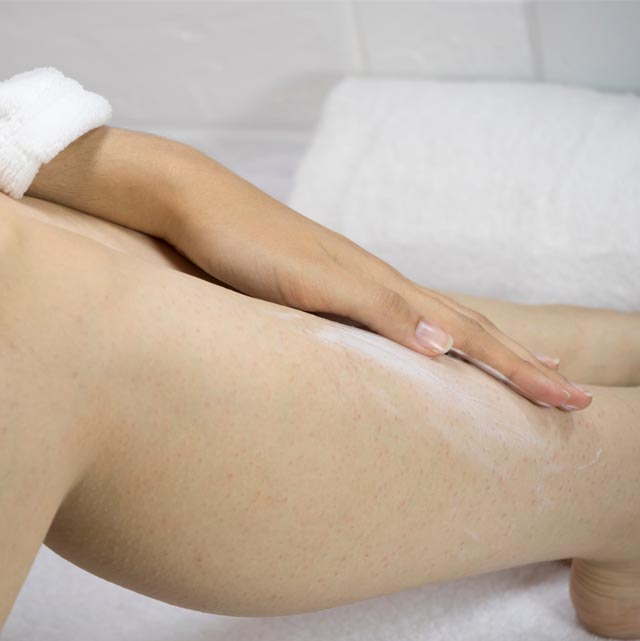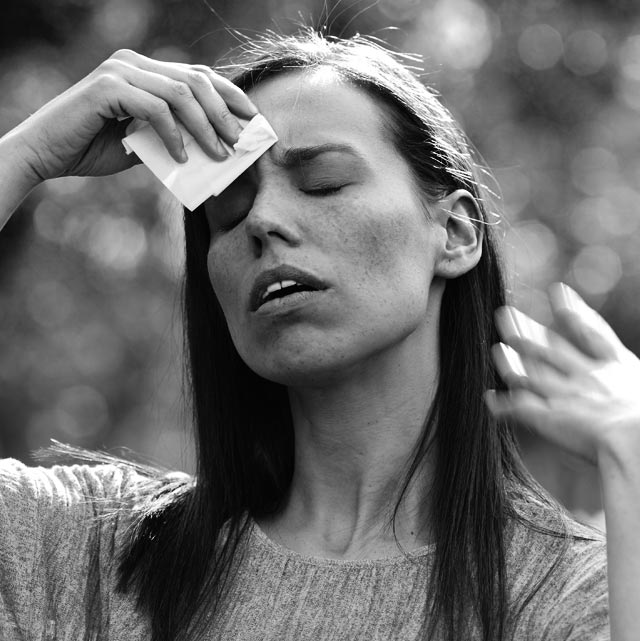Clinic News
Face
- Dermal Fillers
- PROFHILO
- LIP AUGMENTATION
- CHEEK SCULPTING
- NASOLABIAL LINE FILLER
- MARIONETTE LINES CORRECTION
- LIQUID RHINOPLASTY
- TEAR TROUGH TREATMENT
- CHIN SCULPTING
- JAWLINE SCULPTING
- TREATMENT FOR SMOKERS’ LINES
- HYALURONIDASE (DISSOLVING DERMAL FILLER)
- PROFILE BALANCING WITH DERMAL FILLERS
- Anti Wrinkle
- FOREHEAD & GLABELLA LINES TREATMENT
- FOREHEAD LINES, GLABELLA LINES & CROW’S FEET
- MASSETER TREATMENT
- NEFERTITI NECK LIFT
- GUMMY SMILE TREATMENT
- BUNNY LINES
- FURTHER FACIAL TREATMENTS
- GLOBAL EYECON
- NIR SKIN TIGHTENING
- MEDICAL GRADE SKINCARE
- BESPOKE AESTHETIC FACIALS
Body
Skin
- BESPOKE SKIN CONSULTATION & SKIN VISIA ANALYSIS
- SKINPEN MICRONEEDLING
- MORPHEUS 8
- CHEMICAL SKIN PEEL
- HYDRAFACIAL TREATMENT
- CLEARLIFT – SKIN TIGHTENING TREATMENT
- CLEARSKIN – ACNE AND ACNE SCARRING TREATMENT
- FRACTIONAL SKIN RESURFACING TREATMENT
- CLEARVEIN – SPIDER VEIN TREATMENT
- BESPOKE AESTHETIC FACIALS
- MEDICAL GRADE SKINCARE
- NIR SKIN TIGHTENING
- GLOBAL EYECON
Face
Body
- Our Treatments
Face
- Dermal Fillers
- PROFHILO
- LIP AUGMENTATION
- CHEEK SCULPTING
- NASOLABIAL LINE FILLER
- MARIONETTE LINES CORRECTION
- LIQUID RHINOPLASTY
- TEAR TROUGH TREATMENT
- CHIN SCULPTING
- JAWLINE SCULPTING
- TREATMENT FOR SMOKERS’ LINES
- HYALURONIDASE (DISSOLVING DERMAL FILLER)
- PROFILE BALANCING WITH DERMAL FILLERS
- Anti Wrinkle
- FOREHEAD & GLABELLA LINES TREATMENT
- FOREHEAD LINES, GLABELLA LINES & CROW’S FEET
- MASSETER TREATMENT
- NEFERTITI NECK LIFT
- GUMMY SMILE TREATMENT
- BUNNY LINES
- FURTHER FACIAL TREATMENTS
- GLOBAL EYECON
- NIR SKIN TIGHTENING
- MEDICAL GRADE SKINCARE
- BESPOKE AESTHETIC FACIALS
Body
- Your conditions
Condition
SKIN PIGMENTATION
When pigmentation issues affect the skin, it can lead to areas of discolouration. There are two variations of pigmentation – hyperpigmentation and hypopigmentation.



WHAT IS PIGMENTATION?
When pigmentation issues affect the skin, it can lead to areas of discolouration. There are two variations of pigmentation – hyperpigmentation and hypopigmentation. Age spots and melasma are common examples of hyperpigmentation, when small, darker spots develop on the surface of the skin. Hypopigmentation will often develop over a larger area, showing as a paler tone than the skin that surrounds it. Pigmentation can affect both men and women and in most instances, is not found to be harmful. Its noticeable appearance is often the concern, as it affects the skin’s even tone.
WHAT CAUSES PIGMENTATION?
Hyperpigmentation usually results from damage to the skin’s cells, with ageing and sun exposure being common contributors. This condition most often affects the face, hands, shoulders and chest as these areas can be more frequently exposed to the sun. The darkened patches are the result of the overproduction of melanin (the natural pigment that gives the skin its colour) which builds up over time. Other causes can include hormonal changes and trauma to the skin and tissues – such as when acne scars the skin.
Hypopigmentation is a concern that is likely to be caused by genetics. This condition is the direct opposite of hyperpigmentation where the lighter patches arise from the underproduction of melanin. It is common for other conditions, such as: eczema, psoriasis, burns and frequent skin infections to also lead to hypopigmentation, where scarring is lighter than the natural colouring of the skin.
HOW CAN I TREAT PIGMENTATION?
The Facebible conducts a thorough consultation that may involve visia skin analysis. Depending on your individual circumstances, we may use chemical skin peels, microneedling or fractional skin resurfacing as an effective treatment for pigmentation. When acne scarring is the cause, we can also use Clearskin. The procedures can gradually regenerate new and healthy skin cells that are free of excess melanin and are more likened to the natural tone of your skin.
RELATED TREATMENTS
our independent
PATIENT REVIEWS
KEEPING YOU UP TO DATE
PRESS & MEDIA
Privacy Overview
| Cookie | Duration | Description |
|---|---|---|
| cookielawinfo-checbox-analytics | 11 months | This cookie is set by GDPR Cookie Consent plugin. The cookie is used to store the user consent for the cookies in the category "Analytics". |
| cookielawinfo-checbox-functional | 11 months | The cookie is set by GDPR cookie consent to record the user consent for the cookies in the category "Functional". |
| cookielawinfo-checbox-others | 11 months | This cookie is set by GDPR Cookie Consent plugin. The cookie is used to store the user consent for the cookies in the category "Other. |
| cookielawinfo-checkbox-necessary | 11 months | This cookie is set by GDPR Cookie Consent plugin. The cookies is used to store the user consent for the cookies in the category "Necessary". |
| cookielawinfo-checkbox-performance | 11 months | This cookie is set by GDPR Cookie Consent plugin. The cookie is used to store the user consent for the cookies in the category "Performance". |
| viewed_cookie_policy | 11 months | The cookie is set by the GDPR Cookie Consent plugin and is used to store whether or not user has consented to the use of cookies. It does not store any personal data. |




